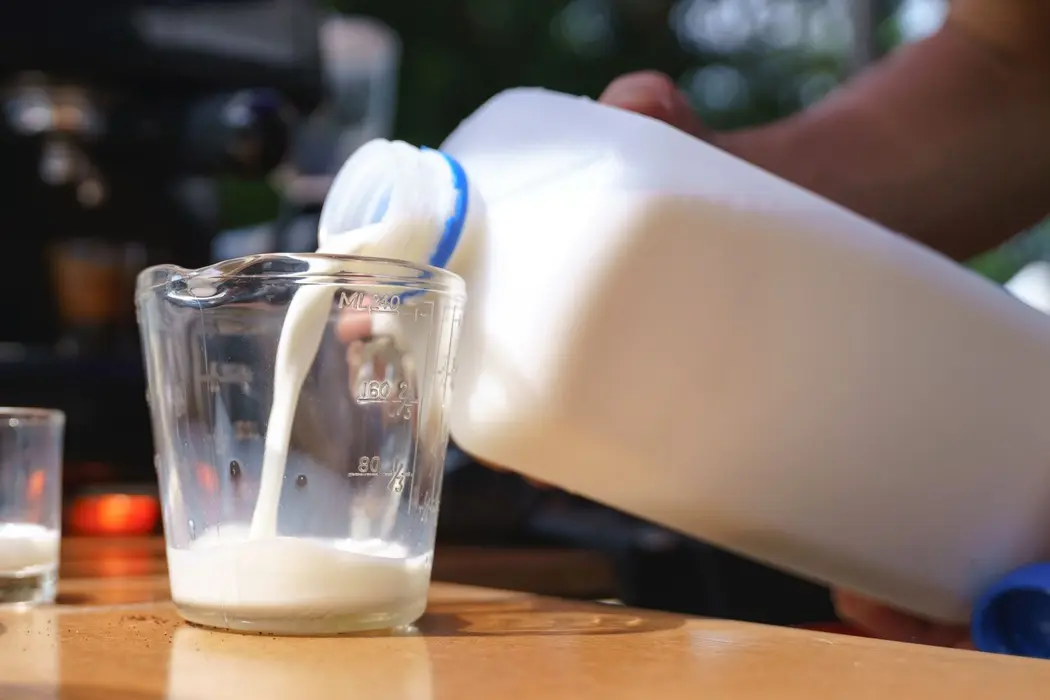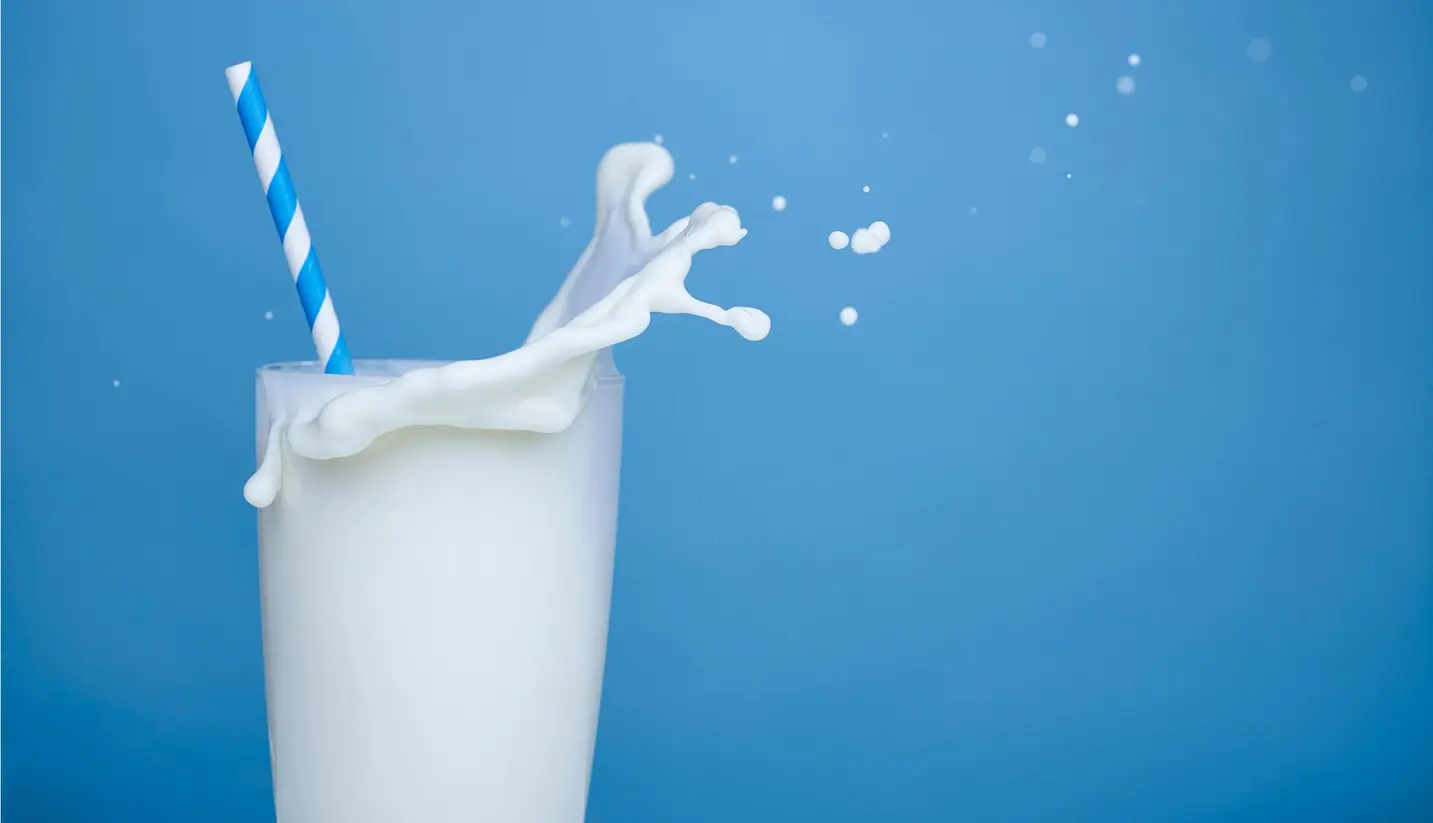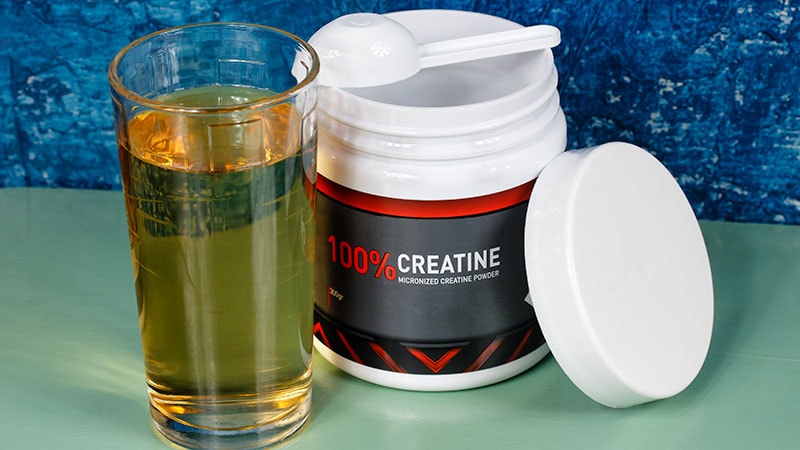T4K3.news
Goat Milk Shows Promise for Aging Muscles
A mouse study finds fortified goat milk may boost muscle health and lower inflammation linked to sarcopenia, but human results are not yet known.

A mouse study suggests fortified low fat goat milk may improve muscle regeneration and reduce inflammation linked to sarcopenia, though human effects are unproven.
Goat Milk Boosts Muscle Health in Aging
Researchers in China analyzed how four dairy milks affect muscle and bone health as animals age. In a eight week study, mice were assigned to groups including normal control, sarcopenia, and various goat and bovine milks. The fortified low fat goat milk version stood out for its ability to boost muscle regeneration signals and cut inflammation markers compared with other milks.
All dairy types helped mice regain muscle mass and bone strength after the sarcopenia step, but fortified goat milk showed the strongest effects. The researchers also tracked gut bacteria and found goat milk groups produced distinct shifts, with increases in bacteria such as Lactococcus and Acinetobacter that may support metabolism and lower inflammation. The scientists note that the work was done in mice and it is not yet proven in humans, so results should not be read as dietary advice.
Key Takeaways
"Goat milk, particularly its low-fat and vitamin D calcium fortified variants, showed greater benefits in promoting muscle regeneration and reducing inflammation."
Direct evidence describing the goat milk results
"Sarcopenia, characterized by progressive loss of muscle mass and strength, poses a significant public health challenge."
Introduction of the condition studied
"This study demonstrates that different types of dairy products have distinct effects on muscle metabolism autophagy inflammation and gut microbiota in sarcopenia."
Authors summary of the findings
"Goat milk fortified versions stand out as a notable edge over bovine milk in the experiment"
Editorial takeaway from the data
The study adds to a growing interest in dairy composition and aging health. It underscores that not all milks are equal for muscle and inflammation, even in animal models. Yet the leap from mice to people remains large, and practical questions about dose, access, and long term safety are unanswered. If further research confirms similar effects in humans, fortified goat milk could become part of dietary strategies against sarcopenia, especially for those who tolerate dairy well.
Beyond the science, the finding could influence dairy marketing and product development. Producers may explore new fortified goat milk options, while nutrition clinicians may seek clearer guidance on how to translate these results into human diets. The headline remains caution rather than certainty, but the door to new possibilities is open.
Highlights
- Goat milk reshapes aging muscle science
- Fortified goat milk sharpens muscle signals
- Dairy composition now a key player in sarcopenia
- The gut microbiome shifts with dairy driven aging health
The next phase will test whether these animal findings hold in people and in real world diets.
Enjoyed this? Let your friends know!
Related News

Rising MASLD affects millions in the UK

New research reveals eight foods to help maintain muscle strength

Promising new diet plan reveals significant weight loss

Conch shell technique shows promise for sleep apnea

Study Links Vegan Diet to Reduced Menopause Symptoms

Growing rates of vitamin B12 deficiency reported in the UK

Research examines alternate-day fasting effectiveness

Creatine shows potential beyond athletics
